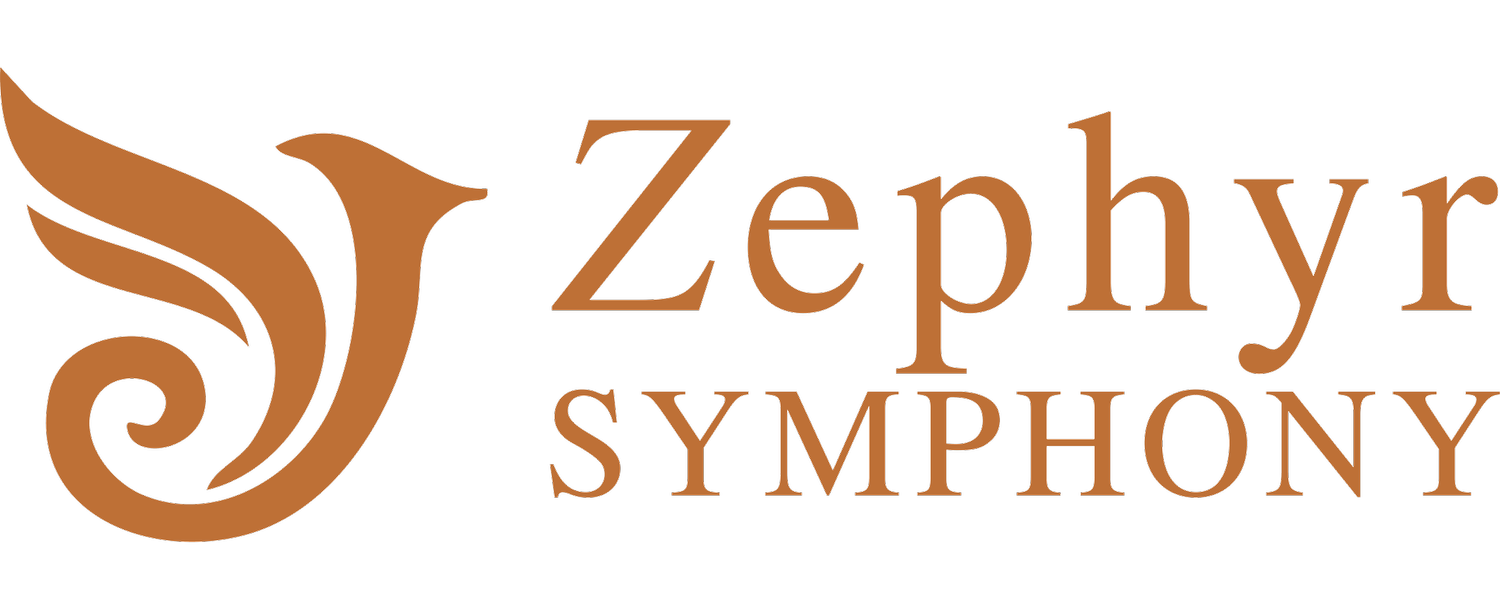Messiah? A Quick Guide for First-Timers
Hello friends,
Every December, concert halls and churches around the world ring with the sounds of Handel’s Messiah. You may have seen posters for it, heard friends talk about it, or even wondered if it’s something you should experience for yourself. If this is your first time considering a performance, let me give you a quick guide to what Messiah is — and why it continues to inspire audiences nearly 300 years after it was written.
A Story in Music
Messiah isn’t an opera with costumes and staging — it’s what we call an oratorio, a large-scale musical work for choir, soloists, and orchestra. Instead of telling a dramatic story on stage, it presents the story of Christ’s life through scripture, sung from beginning to end. Think of it as a spiritual journey in music: from prophecy and birth, through passion and resurrection, to the triumph of redemption.
Handel’s Masterpiece
George Frideric Handel wrote Messiah in just 24 days in 1741 — an astonishing feat considering its scale. It has since become one of the most beloved and frequently performed works in Western music. What makes it so enduring? Handel had a gift for taking scripture and clothing it in melodies that are immediately memorable and emotionally direct. Whether it’s the hushed beauty of “For unto us a child is born” or the jubilant explosion of the “Hallelujah” chorus, Messiah speaks across time and tradition.
What You’ll Hear
Choruses: From tender whispers to thunderous proclamations, the choir is at the heart of Messiah.
Arias: Soloists step forward to sing passages of scripture with intimacy and reflection.
Recitatives: These short, speech-like sections move the biblical story along.
Together, these elements weave scripture into a sweeping, three-part musical arc that lasts about 2 ½ hours (often with one intermission).
Do I Stand for the “Hallelujah” Chorus?
This is the most common question! Tradition has it that King George II stood up during the first London performance of “Hallelujah.” Whether or not that story is true, audiences have been standing for centuries. If you find yourself caught up in the joy and want to rise — please do!
Why It Matters
Messiah isn’t just a holiday tradition; it’s a work that blends faith, history, and music into something universal. Even if you come knowing little about the Bible, you will leave touched by its power: music that celebrates light in the darkness, hope in uncertainty, and joy in community.
So if this is your first Messiah — welcome. You’re about to join a tradition that has been uplifting audiences for nearly three centuries.
With gratitude,
Don Scott Carpenter
Founding Music Director, Zephyr Symphony
